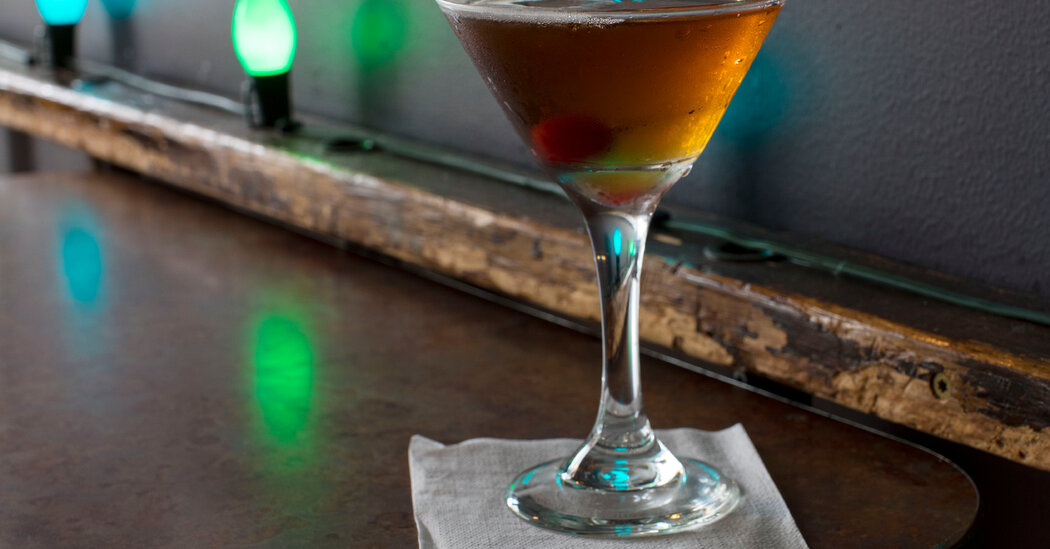Alcohol is a leading preventable cause of cancer, and alcoholic beverages should carry a warning label as packs of cigarettes do, the U.S. surgeon general said on Friday. It is the latest salvo in a fierce debate about the risks and benefits of moderate drinking as the influential U.S. Dietary Guidelines for Americans are about to be updated. For decades, moderate drinking was said to help prevent heart attacks and strokes. That perception has been embedded in the dietary advice given to Americans. But growing research has linked drinking, sometimes even within the recommended limits, to various types of cancer.
But alcohol directly contributes to 100,000 cancer cases and 20,000 related deaths each year, the surgeon general, Dr. Vivek Murthy, said. He called for updating the labels to include a heightened risk of breast cancer, colon cancer and at least five other malignancies now linked by scientific studies to alcohol consumption.
Only Congress can mandate new warning labels of the sort Dr. Murthy recommended, and it’s not clear that the incoming administration would support the change. Still, President-elect Donald J. Trump does not drink, and his choice to head the Health and Human Services Department, Robert F. Kennedy Jr., swore off alcohol and drugs decades ago, and says he regularly attends AA meetings.
There is no question that heavy consumption is harmful. But supporters of moderate drinking — including makers of wine, beer and spirits, and some physicians and scientists — argue that a little alcohol each day may reduce cardiovascular disease, the No. 1 killer in the United States.
Newer scientific studies have criticized the methodology of earlier studies, however, and have challenged that view, which was once a consensus. While most cancer deaths occur at drinking levels that exceed the current recommended dietary guidelines, the risk for cancers of the breast, the mouth and the throat may rise with consumption of as little as one drink a day, or even less, Dr. Murthy said on Friday.
One of every six breast cancer cases is attributable to alcohol consumption, Dr. Murthy said. More recent studies have also linked moderate alcohol consumption to certain forms of heart disease, including atrial fibrillation, a heart arrhythmia.
The scientific report that informed the writing of the 2020-2025 dietary guidelines acknowledged that alcohol is a carcinogen and generally unhealthy and suggested “tightening guidelines” by capping the recommendation for men at one standard drink, or 14 grams of alcohol a day. When the final guidelines were drafted, however, there was no change in the advice that moderate drinking of up to two drinks a day for men was acceptable.
The industry has a strong history of fighting warning labels that mention cancer, and alcohol-producing nations have also challenged warning labels under international trade law. Industry opposition led to the premature termination of a federally funded Canadian study of the impact of warning labels that mentioned cancer.
The report described the biological mechanisms by which alcohol is known to induce cancerous changes at the cellular level. The most widely accepted theory is that inside the body, alcohol breaks down into acetaldehyde, a metabolite that binds to DNA and damages it, allowing a cell to start growing uncontrollably and creating a malignant tumor.
Many Americans don’t know there is a link between alcohol and cancer. Fewer than half of Americans identified alcohol use as a risk factor for cancer, compared with 89 percent who recognized tobacco as a carcinogen, according to a 2019 survey of U.S. adults aged 18 and older carried out by the American Institute for Cancer Research.
Yet alcohol consumption is the third leading preventable cause of cancer, after tobacco and obesity, according to the surgeon general’s report. Dr. Murthy said it was important to know that the risk rises as alcohol consumption increases. But each individual’s risk of cancer is different, depending on family history, genetic makeup and environmental exposures.
Source link




